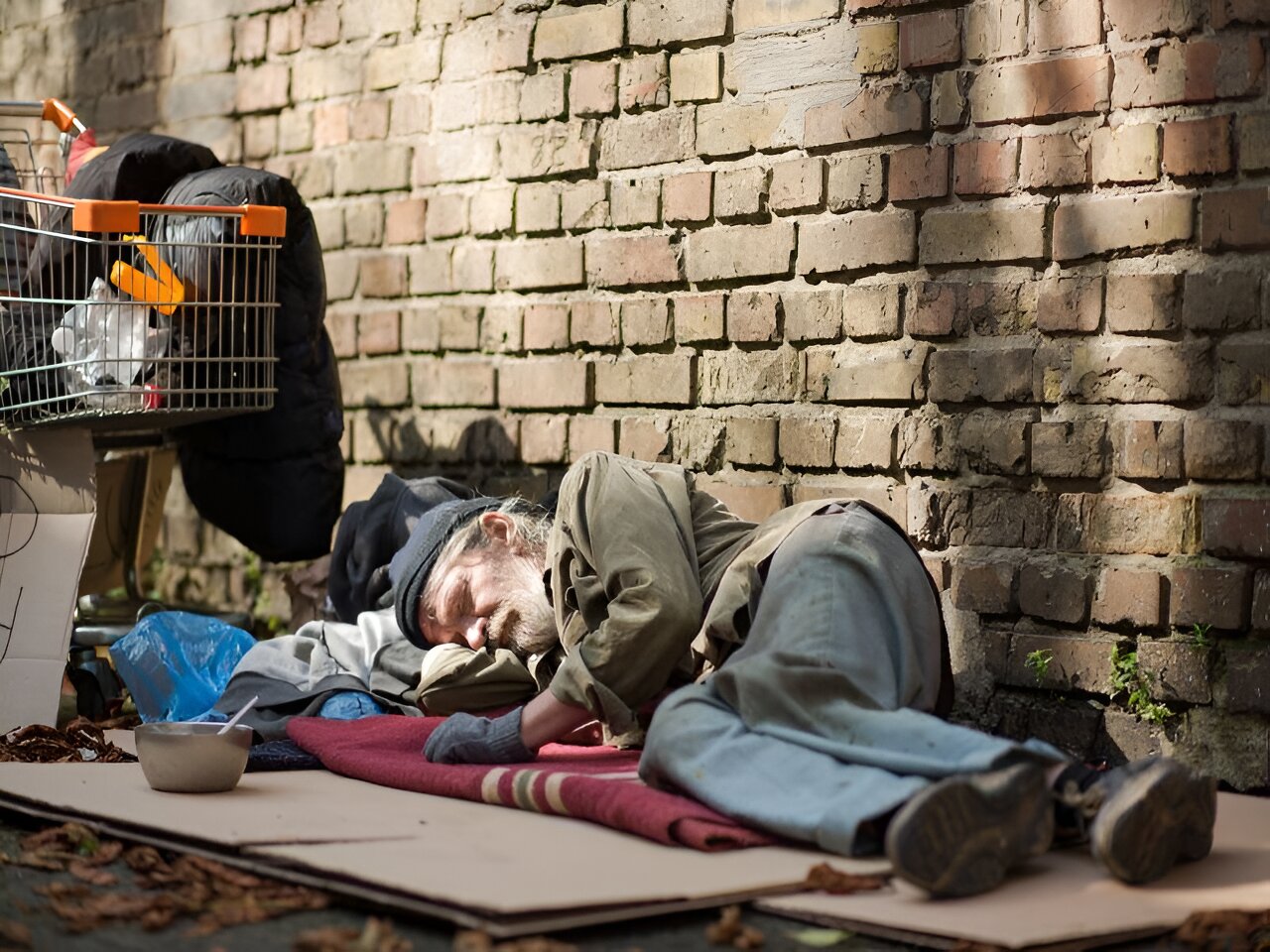Health
Most homeless Americans struggle with mental illness

Two-thirds of homeless people experience some form of mental disorder, a major new review of data on the subject shows.
The analysis found that homeless men were more likely to struggle with mental illness than women, although the figures for both genders were high compared to the general population.
There are signs that rates of mental illness among homeless people are increasing, especially in the United States and Canada, say researchers led by Rebecca Barry, a postdoctoral researcher at the University of Calgary in Canada.
“The most common mental disorders were substance use disorders, antisocial personality disorders, major depression, and general mood disorders,” Barry and colleagues reported April 17 in the journal JAMA Psychiatry.
Her team looked at thousands of published studies around the world on homelessness and mental illness. They chose 85 of the most rigorous studies.
In total, these studies included more than 48,000 homeless people, largely located in affluent countries such as the United States, Canada and Germany.
The mental health of study participants was assessed using standard psychiatric tests.
Barry’s team found that a total of 67% of homeless people currently have some form of mental illness, while 77% have had a mental illness at least at some point in their lives.
Rates of current mental illness were significantly higher among men (67%) than women (57%), as were lifetime rates of mental illness (86% for men, 69% for women).
These figures are much higher than the rates of mental illness in the general population, where the latest data suggests that 13% to 15% of people are currently struggling with some form of psychiatric illness.
According to the new study, rates of bipolar disorder among homeless people were more than eight times higher than among people in general (8% versus 0.7%). Similar high (or even higher) rates were observed for antisocial personality disorders, psychotic disorders, post-traumatic stress disorder (PTSD), major depression, substance abuse and mood disorders.
The number of mentally ill people living on the streets or in shelters could also rise, Barry’s team added.
They noted that there is “a higher prevalence of mental health disorders among people experiencing homelessness, according to recently published studies.”
That, of course, could reflect recent improvements in the diagnosis of mental illness among homeless people.
On the other hand, it could also reflect the increasing societal stressors that force people with mental illness onto the streets.
It is possible that “people with mental health disorders are increasingly becoming homeless due to factors such as unaffordability of housing, limited access to mental health care, low income, or difficulties in reintegrating [with society] after mental health treatment,” Barry’s team wrote.
They believe these factors may contribute to the fact that “North America has the highest prevalence of mental disorders among people experiencing homelessness.”
What can be done?
According to the study authors, “housing first” initiatives aimed at finding people permanent homes are important, but so are “assertive community treatment” programs, in which people in need receive comprehensive, coordinated mental health care from a variety of sources.
Such programs have “demonstrated effectiveness in reducing the severity of mental illness and homelessness among people with persistent and difficult-to-treat mental disorders,” the researchers said.
More information:
Prevalence of mental disorders among individuals experiencing homelessness, a systematic review and meta-analysis, JAMA Psychiatry (2024). DOI: 10.1001/jamapsychiatry.2024.0426 , jamanetwork.com/journals/jamap…/fullarticle/2817602
Copyright © 2024 Health Day. All rights reserved.
Quote: Most Homeless Americans Struggle with Mental Illness (2024, April 17) Retrieved April 17, 2024 from https://medicalxpress.com/news/2024-04-homeless-americans-mental-illness.html
This document is copyrighted. Except for fair dealing purposes for the purpose of private study or research, no part may be reproduced without written permission. The content is provided for informational purposes only.













